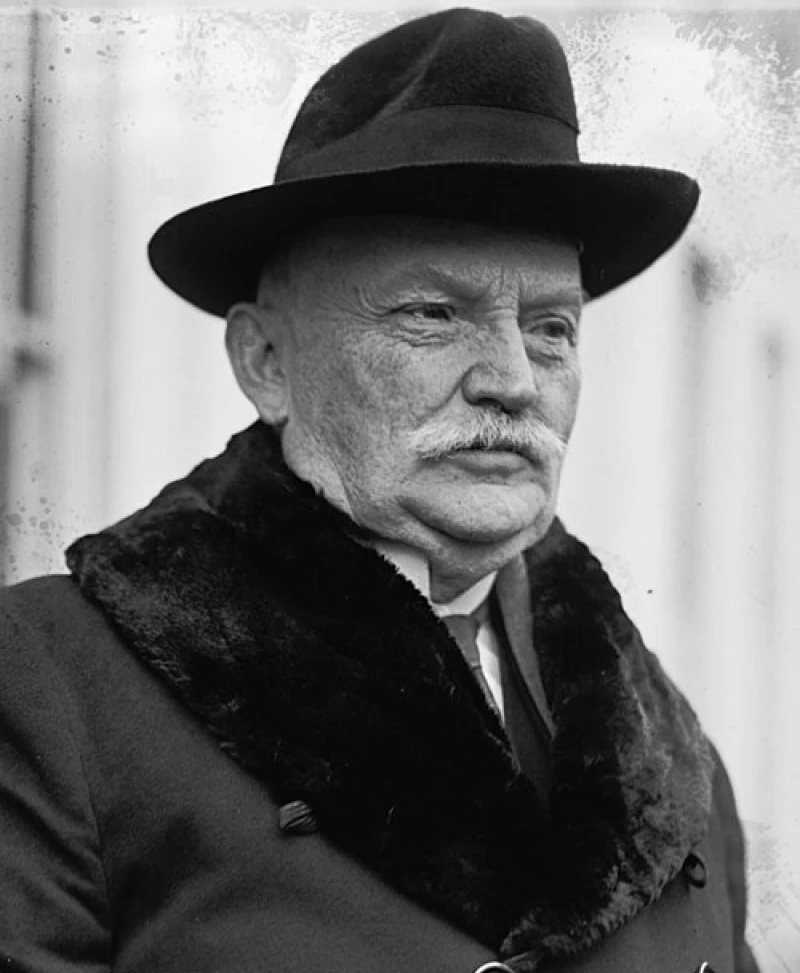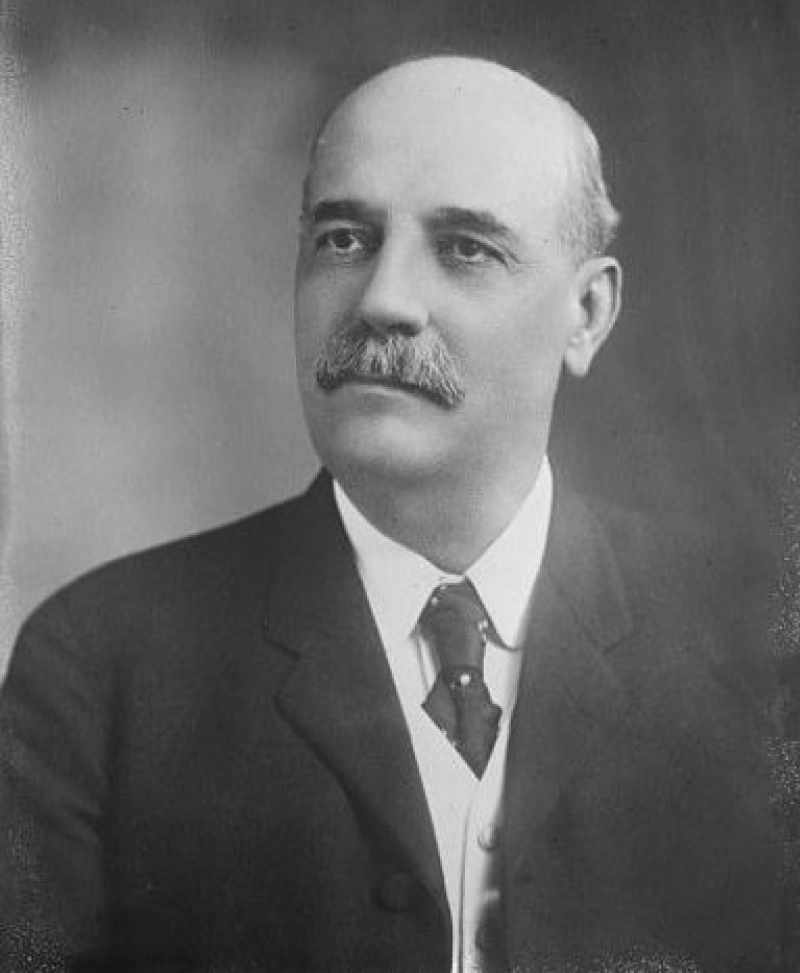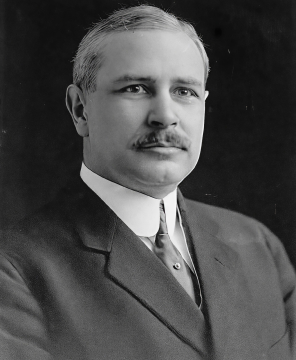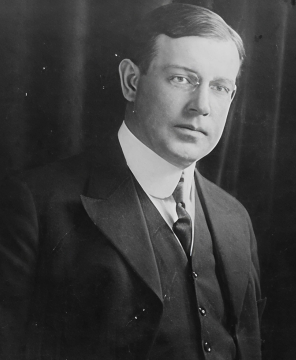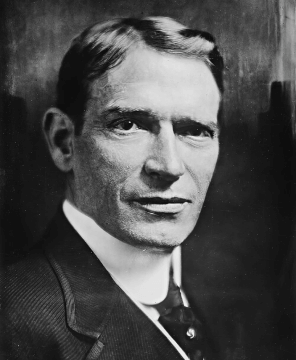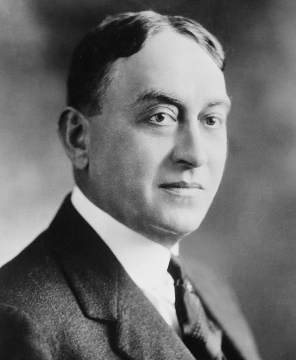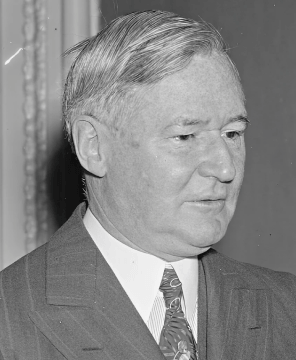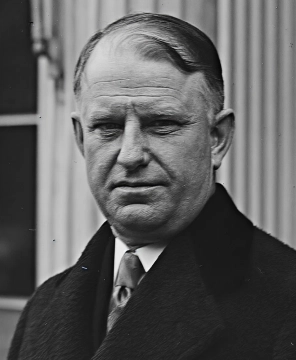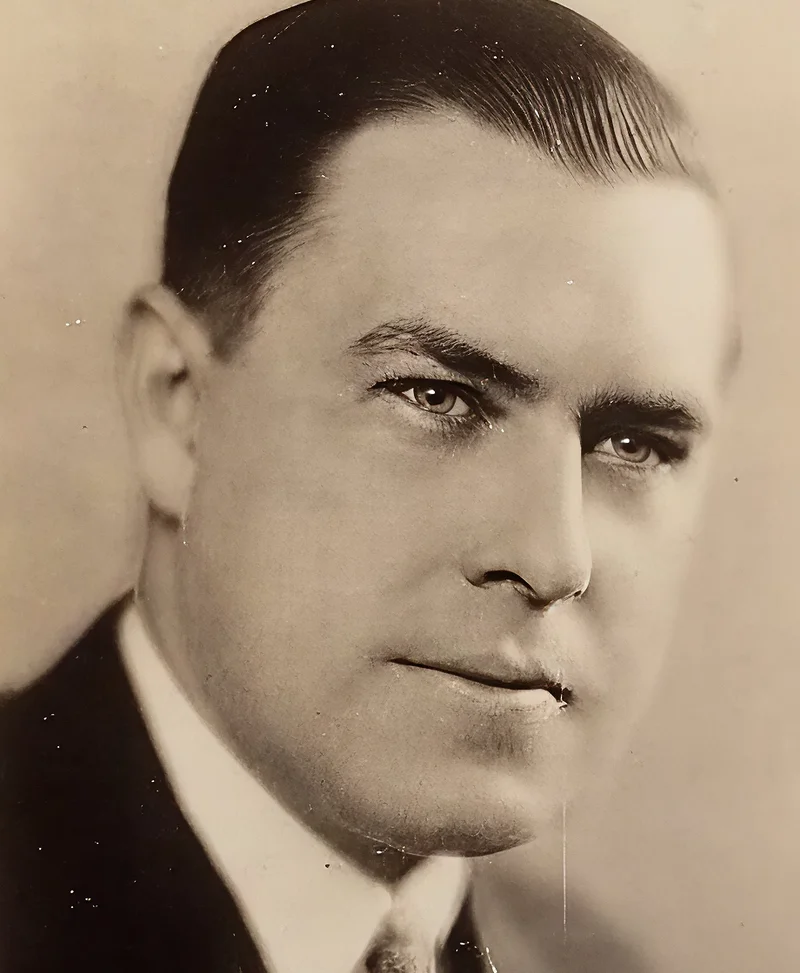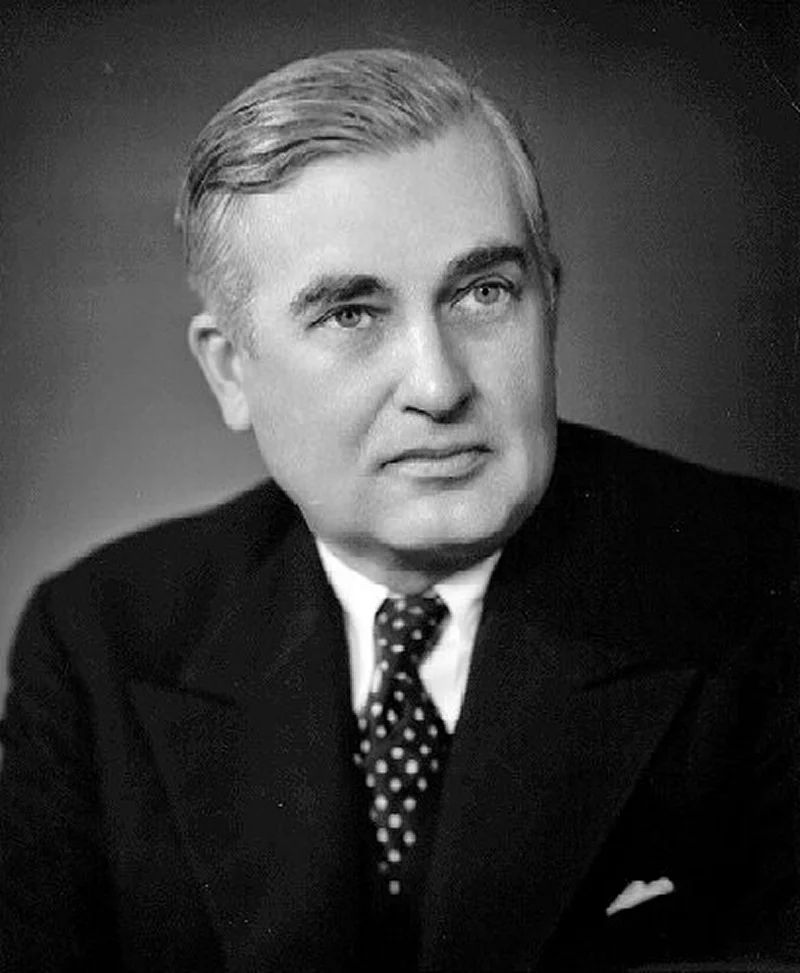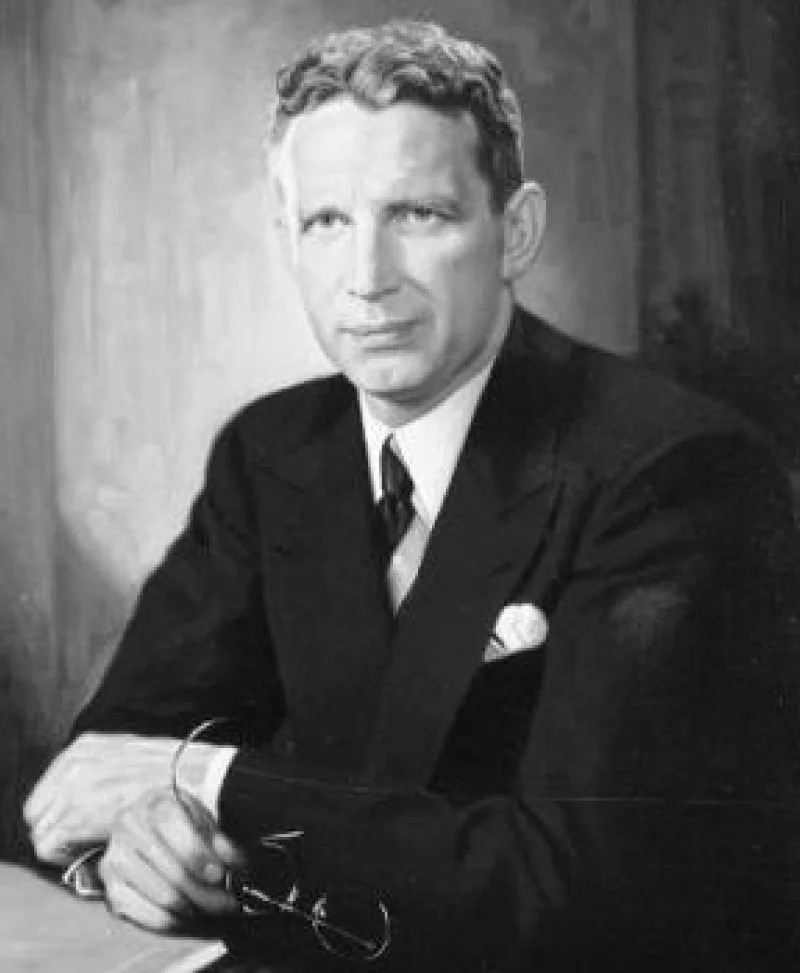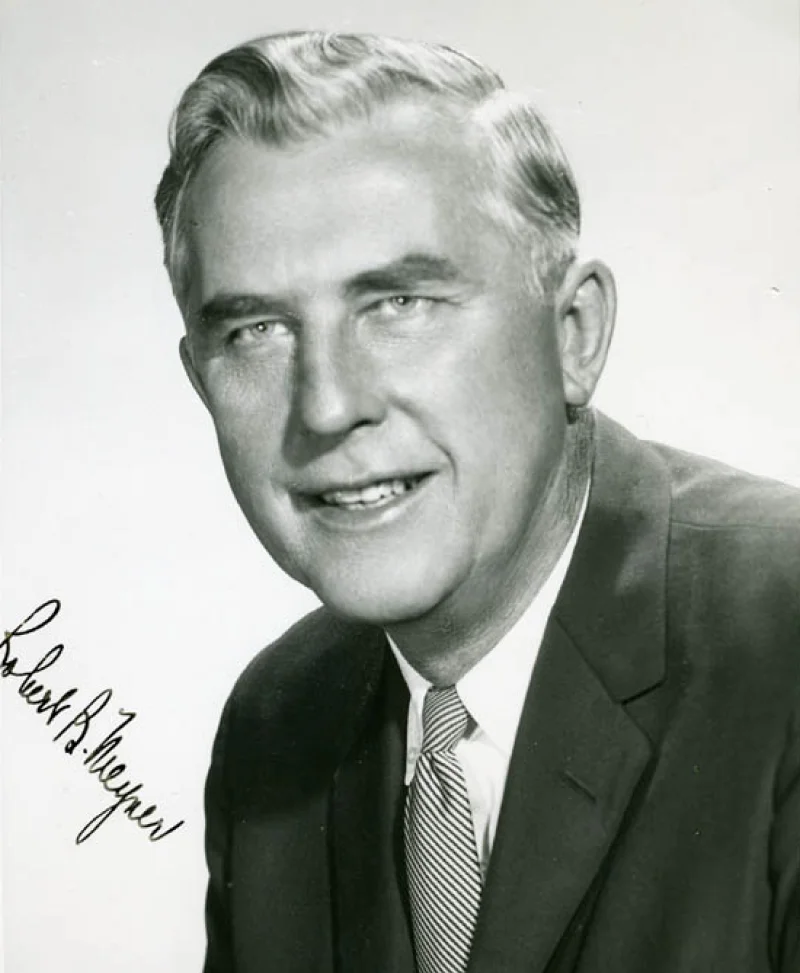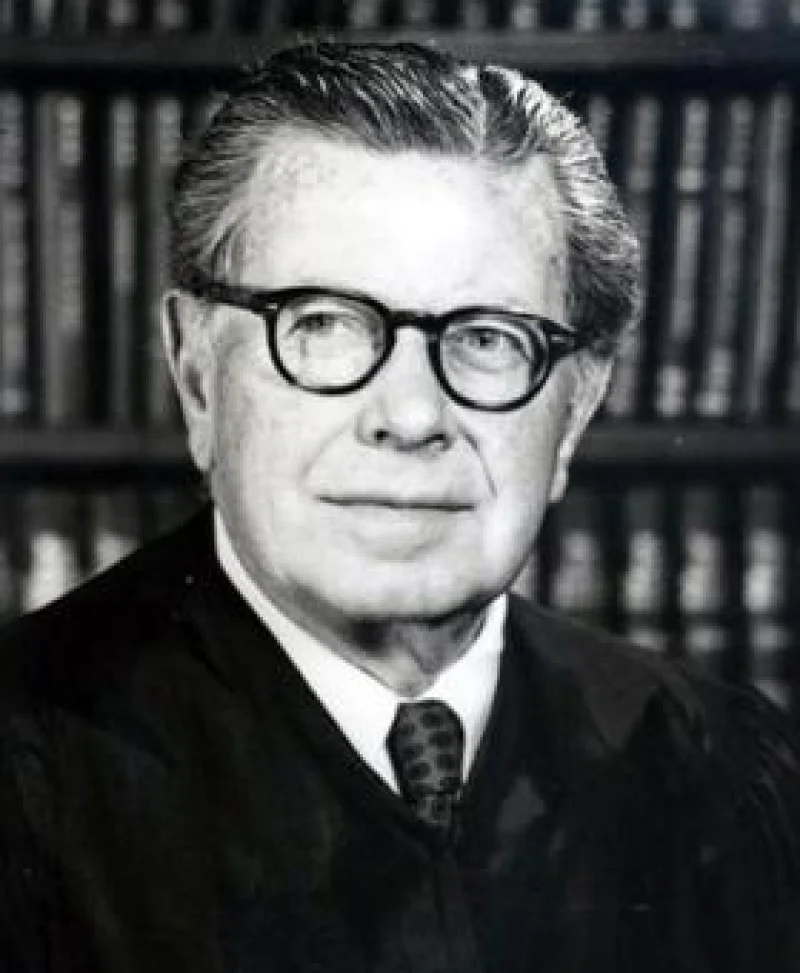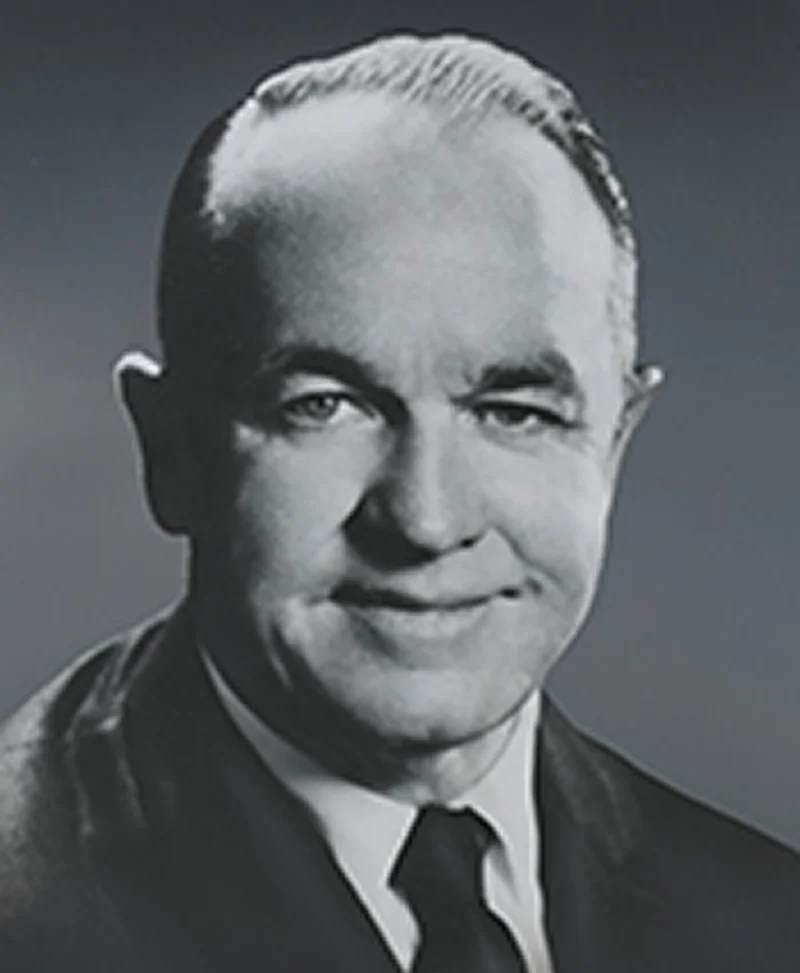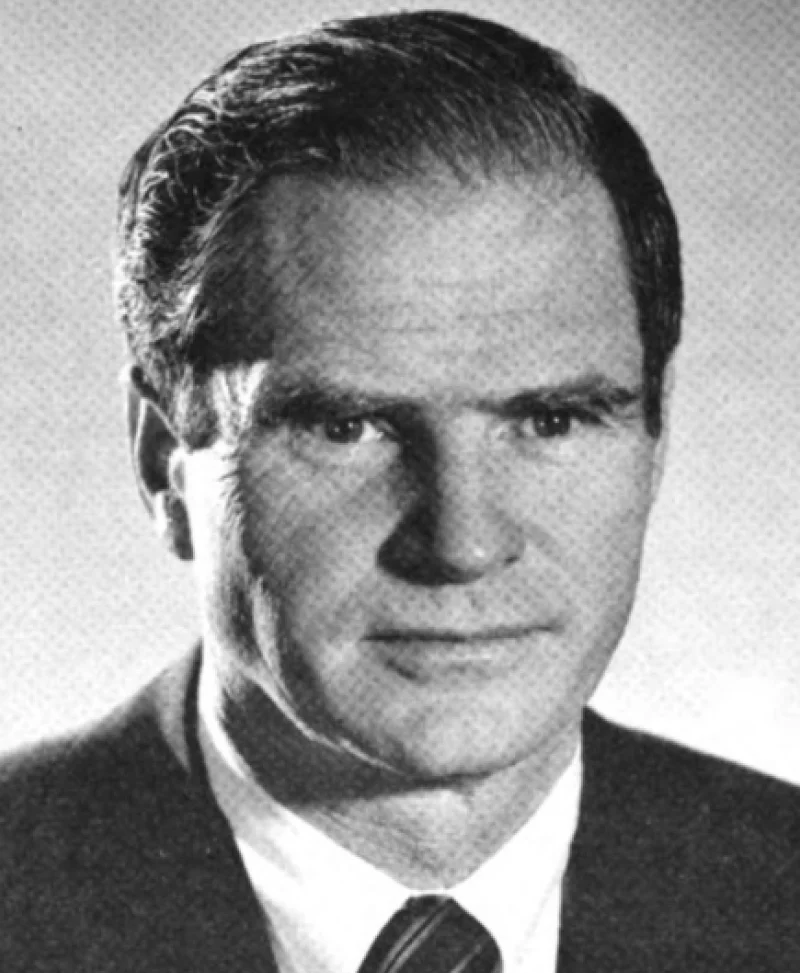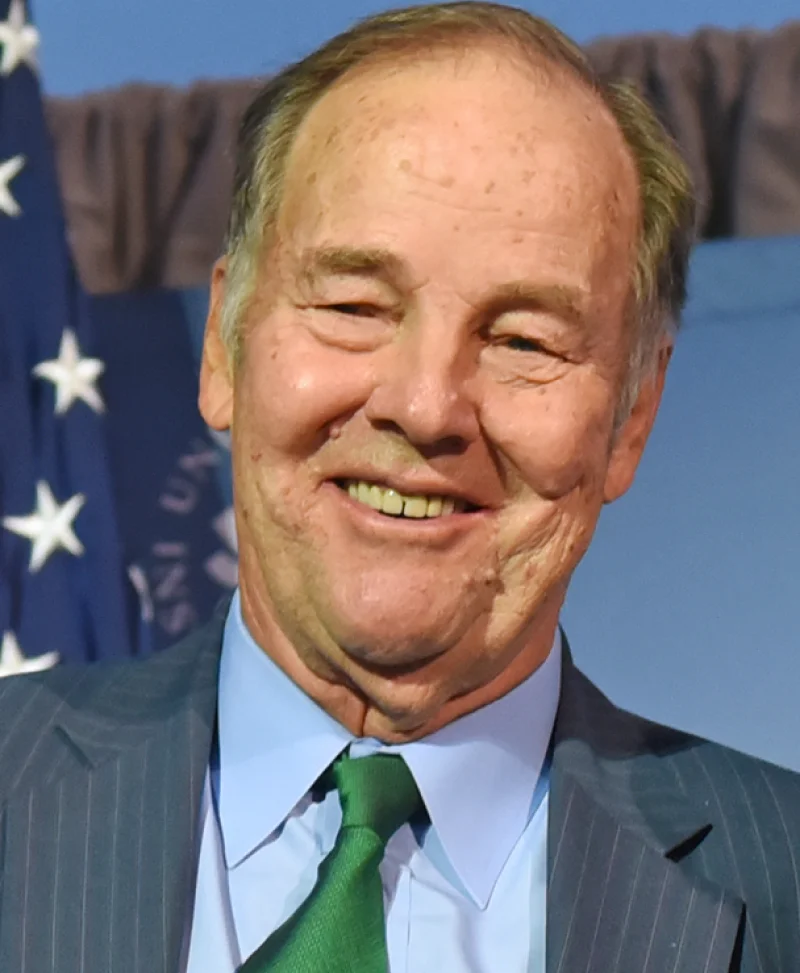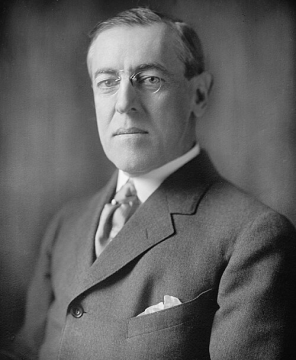
Woodrow Wilson
- Law Studies, University of Virginia School of Law College of New Jersey (AB)
- Johns Hopkins University (PhD)
Woodrow Wilson
Early Life and Education
Thomas Woodrow Wilson was born in Virginia and raised in the Reconstruction-era South, an environment that deeply shaped his early understanding of law, governance, and social order. Diagnosed with dyslexia early in life, he developed an intense discipline toward reading and writing, ultimately pursuing an academic path that culminated in a Ph.D. from Johns Hopkins University — the first modern research university in the United States.
Wilson’s academic interests centered on constitutional governance, the separation of powers, and the evolving role of administrative institutions. His early scholarship established him as a leading political scientist of the era.
Academic Career & Rise to National Prominence
Before he entered politics, Wilson built a distinguished academic career:
- Professor of jurisprudence and political economy
- Chair of political science
- President of Princeton University (1902–1910)
As Princeton’s president, Wilson spearheaded curriculum reform, emphasizing meritocracy, academic rigor, and modern governance structures. His national visibility grew as he advocated for progressive educational and administrative reforms.
Election as Governor of New Jersey (1911)
In 1910, Wilson was nominated for governor by New Jersey’s Democratic Party, which sought a candidate with national credibility and a reputation for integrity.
He won decisively and became the 34th Governor of New Jersey, taking office in January 1911.
Wilson entered office with a vision of transforming New Jersey from a state dominated by political machines into a model of progressive governance. His election marked a turning point in American politics, positioning him as a leader of the Progressive Movement.
Reform Agenda as Governor
During his two-year tenure, Wilson implemented one of the most ambitious reform programs in the state’s history. His achievements included:
Civil Service and Government Reform
- Enacted civil-service protections
- Limited the influence of political machines
- Strengthened transparency and public accountability mechanisms
Corporate and Regulatory Reform
New Jersey had long been known as a haven for large corporations due to permissive laws.
Wilson reversed this trend by:
- Tightening corporate regulations
- Strengthening antitrust provisions
- Expanding state oversight of public utilities
Labor and Social Legislation
Wilson signed:
- New worker protections
- Improved factory safety standards
- Progressive labor regulations, including early workers’ compensation reforms
Election and Primary Reform
He championed measures that reduced party-boss control and expanded direct democracy.
These sweeping reforms earned Wilson national attention and made his governorship a powerful springboard to the U.S. presidency.
Path from Governor to President
Wilson’s performance in New Jersey rapidly elevated him to national prominence. The Democratic Party saw him as the ideal candidate to unite progressives and reform-minded moderates.
In 1912, while still serving as governor, Wilson won the Democratic nomination and subsequently the presidency, defeating Theodore Roosevelt and William Howard Taft. He resigned as governor in March 1913 to assume the presidency.
Judicial Philosophy & Approach to Governance
Although not a judge, Wilson profoundly influenced American constitutional development. His academic writings and gubernatorial actions reflect a philosophy emphasizing:
- Dynamic constitutional interpretation
- Modern administration and regulatory oversight
- Government as an active instrument of social improvement
- Limited tolerance for entrenched political interests
Later Life & Legacy
After two presidential terms marked by both landmark achievements and deep controversies, Wilson retired to Washington, D.C., where he spent his final years advocating for international cooperation and the League of Nations vision.
His governorship remains a defining chapter in New Jersey history — a period of rapid reform, modernization, and the emergence of the state as a national laboratory for progressive policy.
Wilson’s legacy is complex but enduring, characterized by intellectual rigor, bold governance, and an unmistakable influence on American political development.

